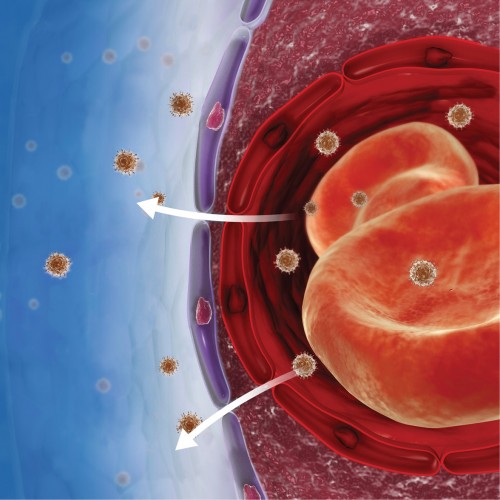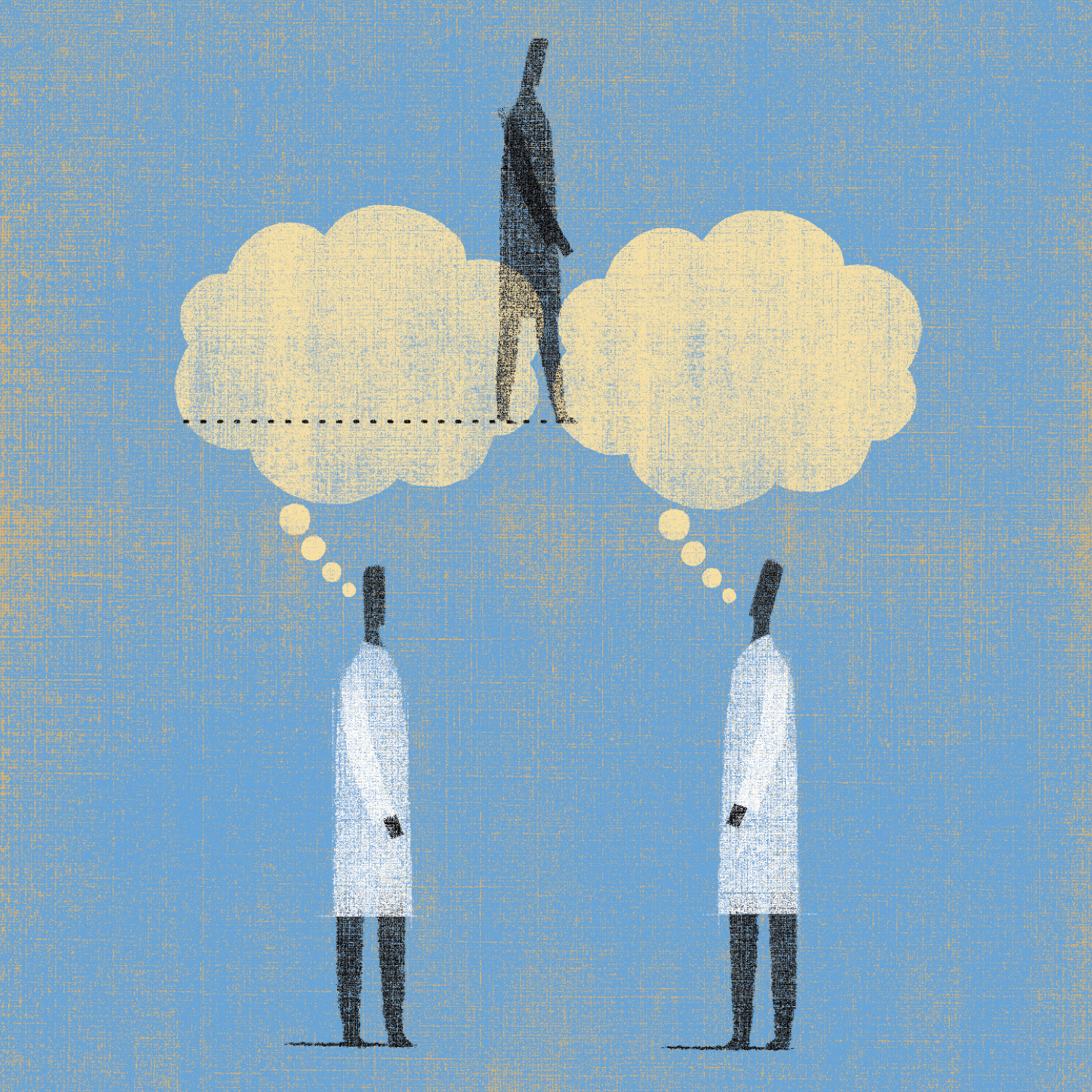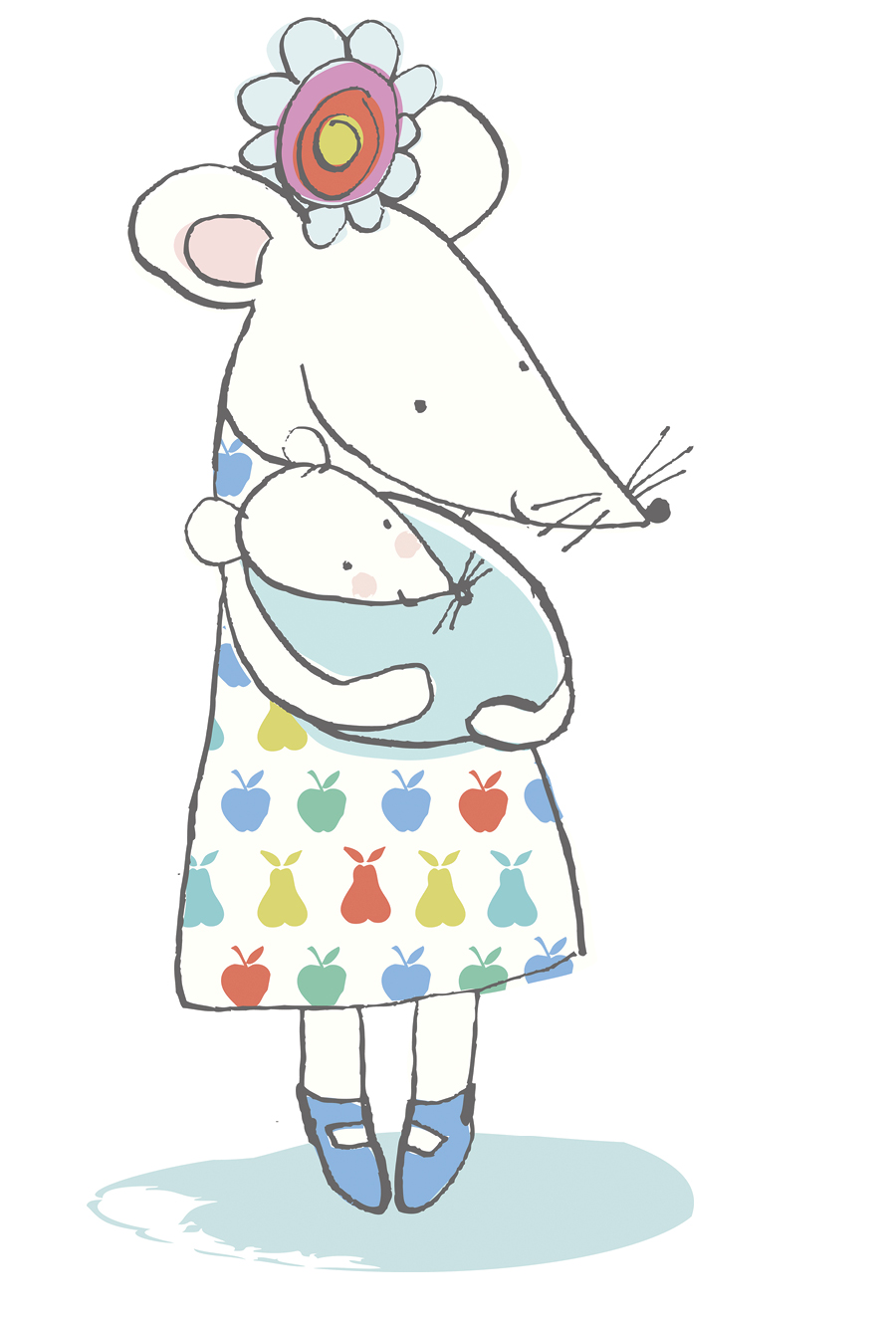Research – VUMC Reporter
-

Opting Out
Credit: DONNA GRETHEN Although past studies have found little evidence that women are opting out of the workforce in general, first-of-its-kind research shows that female graduates of elite undergraduate universities are working many fewer hours than their counterparts from less selective institutions. “Even though elite graduates are… Read MoreAug 9, 2013
-

At-Home Dialysis
Molecular waste products pass through abdominal membrane during peritoneal dialysis. The two large objects in the foreground are red blood cells. (Credit: Dorling Kindersley/getty images) Kidney failure is an important cause of permanent disability in the United States. It can be the result of long-term chronic illnesses… Read MoreAug 9, 2013
-

Life and Limb
Credit: Ireneusz Skorupa A $1.1 million U.S. Department of Defense grant will support development of a new surgical device that could help repair severed nerves, allowing soldiers and cancer patients to regain use of a limb and avoid amputations after a catastrophic injury or cancer… Read MoreAug 9, 2013
-

Research Roundup
Connor Harrell, BA’13 (Credit: Joe Howell) You Snooze, You Win Strike-zone judgment grows worse over the course of a major league baseball season in a predictable way, possibly due to effects of grueling travel schedules, disrupted sleep patterns and fatigue, says a Vanderbilt sleep researcher. Read MoreAug 9, 2013
-

Counter-Attack
Credit: TODD DAVIDSON New Wave of ‘Superbugs’ Poses Dire Threat | Deadly Bacteria That Resist Strongest Drugs Are Spreading | Drug-Resistant Bacteria and Lack of New Antibiotics Could Signal Catastrophe We’ve all seen the ominous headlines—and heard the warnings from our own health care providers—about the dangers of antibiotic… Read MoreMay 7, 2013
-

Radiation or Surgery?
Credit: JIM FRAZIER/illustration source A study comparing outcomes among prostate cancer patients treated with surgery versus radiation therapy found differences in urinary, bowel and sexual function after short-term follow-up—but those differences were no longer significant 15 years later. The study, led by first author Dr. Matthew Resnick,… Read MoreMay 7, 2013
-

Anger Management
Credit: JESUS ABURTO Is an angry judge a bad judge? Not necessarily. “Anger is the quintessentially judicial emotion,” says Terry Maroney, professor of law and co-director of Vanderbilt’s program in social justice. “It involves appraisal of wrongdoing, attribution of blame and assignment of punishment—precisely what… Read MoreMay 7, 2013
-

Nesting Instinct
Credit: KAT CHADWICK There may be a biological basis for separate doll and dump-truck aisles in the toy store. In a study of baby mice, researchers at Vanderbilt and the University of Southern California found that males and females respond differently to the hormone arginine-vasopressin (AVP), which… Read MoreMay 7, 2013
-

Research Roundup
Credit: GARY WATERS Prison Time Cuts Life Expectancy For every year spent in prison, overall life expectancy decreases two years. A new study by Evelyn Patterson, assistant professor of sociology, looked at New York parolees released between 1989 and 2003 and found a 15.6 percent… Read MoreMay 7, 2013
-

Pea-Brained
ILLUSTRATION BY DAVID PLUNKERT Take a millionth of a human brain, and squeeze it into a chamber the size of a mustard seed. Next, link it to a second chamber filled with cerebral spinal fluid, and thread both of them with artificial blood vessels to create a microenvironment that… Read MoreJan 15, 2013
-

Up in the Air
Archaeological sites that take years to map will be completed in minutes if tests of a new system being developed at Vanderbilt go well. The Skate SUAS (Small Unmanned Aerial System), created by Aurora Flight Sciences, will be integrated into a larger system that combines a flying device that can… Read MoreJan 15, 2013
-

Research Roundup, Winter 2013
International Trial Tests Hybrid Stroke Therapy | Playmates Can Help Sedentary Kids Become More Active | Water for a Small Planet Read MoreJan 14, 2013
-

Largest 3-D Map of Universe Released to Public
Stargazers, rejoice: The largest-ever 3-D map of the universe has been released to the public. The new map contains images of 200 million galaxies. Read MoreJan 11, 2013
-

Chimpanzees Demonstrate ‘Endowment Effect’ Trait
It turns out that chimpanzees behave much like humans in displaying the controversial trait known as the “endowment effect,” which has implications for law. The endowment effect causes people to consider an item they have just come to possess as higher in value than the price they would have paid just a moment before. Read MoreJan 11, 2013